South Africa’s ex-leader Zuma seeks further delay in corruption trial
The long-running corruption trial of South Africa’s former President Jacob Zuma has resumed with the proceedings held online, despite the deadly violence that rocked the country following his imprisonment over another case a week ago.
Zuma appeared by video link in the court on Monday, seeking a further delay in his graft trial relating to a $2 billion arms deal in 1999 when he was deputy president. He denies the charges.
Although the session was held virtually in a bid to prevent another wave of violence, security was tight around the High Court in the southeastern city of Pietermaritzburg, the capital of KwaZulu-Natal (KZN), Zuma’s home province.
Armed police and soldiers secured the area around the court as a brown military vehicle towered over armored police vehicles and helicopter flew above.
During the session, Zuma’s lawyer Dali Mpofu argued that the trial should be postponed for Zuma to appear in person as opposed to virtually. Zuma, who attended the proceedings wearing a dark suit and a red tie, said nothing.
Mpofu went on to say that the former president had not been able to properly consult his legal team after turning himself in to police in the early hours of July 8 to begin serving a 15-month jail sentence for contempt of the country’s highest court.
The Constitutional Court had ordered police to arrest Zuma because he had refused to appear at a corruption hearing session earlier this year.
The corruption inquiry, chaired by Deputy Chief Justice Raymond Zondo, has been investigating charges of graft against Zuma in his time in power from 2009 to 2018. The former South African president has denied wrongdoing, and claims that Zondo has personal motives.
That inquiry is different from the arms deal trial that Zuma also denies.
Lawyers for the state opposed Zuma's application for a postponement on Monday, arguing it is "another delaying tactic," according to court papers they filed.
The National Prosecuting Authority (NPA) said it would "vigorously" oppose the application.
Efforts to prosecute the former president for allegedly receiving kickbacks over the weapons deal are seen as a test of South Africa's ability to hold powerful politicians to account.
Zuma, 79, faces 16 charges of fraud, graft and racketeering related to the purchase of fighter jets, patrol boats and military gear from five European arms firms in the late 1990s.
He is accused of taking bribes from French defense giant Thales, which has been charged with corruption and money laundering.
Zuma proclaimed his innocence when he appeared in person at a hearing on the arms deal case in May and cast himself as the victim of a politically motivated witch-hunt.
Zuma is a former anti-apartheid activist who spent 10 years in the notorious Robben Island jail off Cape Town. The former president is popular among many poor South Africans, especially the grassroots members of the African National Congress (ANC), who see him as a defender of the disadvantaged.
After his arrest last week, protests first erupted in the southeastern province KZN before spreading to the capital Johannesburg. The demonstrations, however, rapidly turned into looting as groups of people plundered shops and storehouses, hauling away goods as police stood by, seemingly powerless to act.
The recent protests seem to be tied in with a sense of economic desperation as the country faces tightened restrictions under a third wave of the COVID-19 pandemic.
Following the sporadic violence, Zuma’s lawyers asked the country’s Constitutional Court to review its decision on jailing the former president for contempt of court. The court has reserved its judgment for a later but unspecified date.
At least 212 people have lost their lives in the violence, some shot and others killed in looting stampedes.
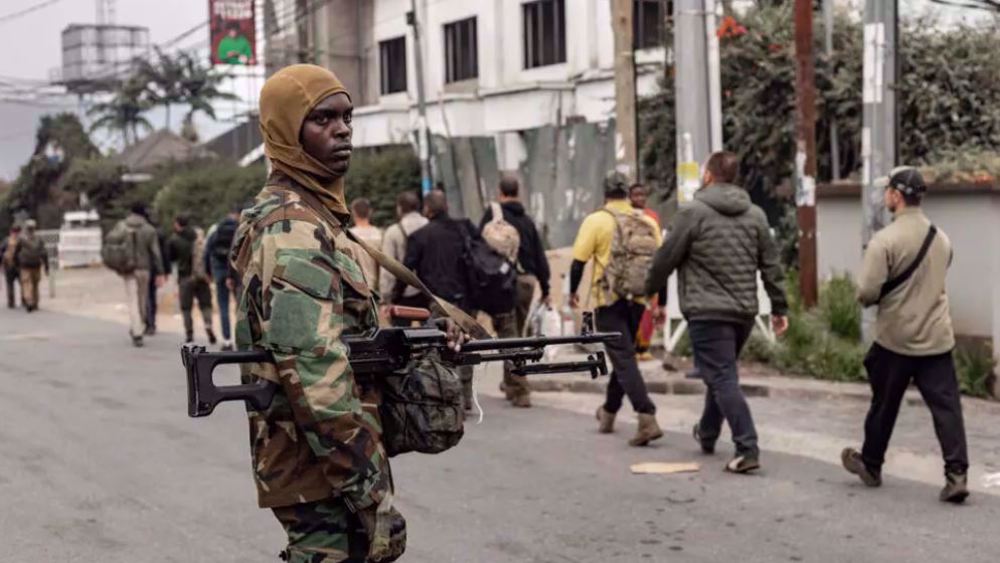
7,000+ killed in eastern DR Congo since January: PM
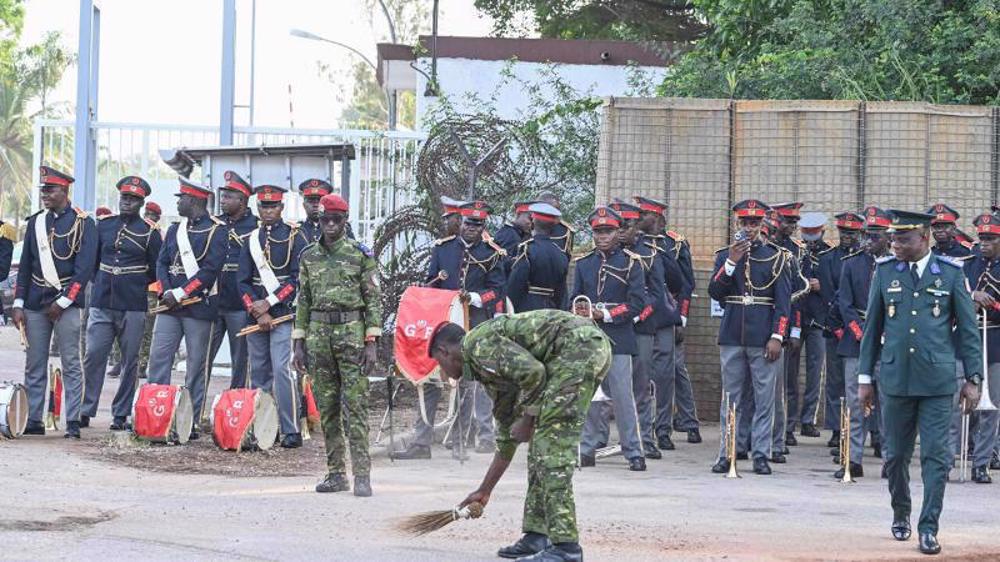
France hands back sole military base in Ivory Coast
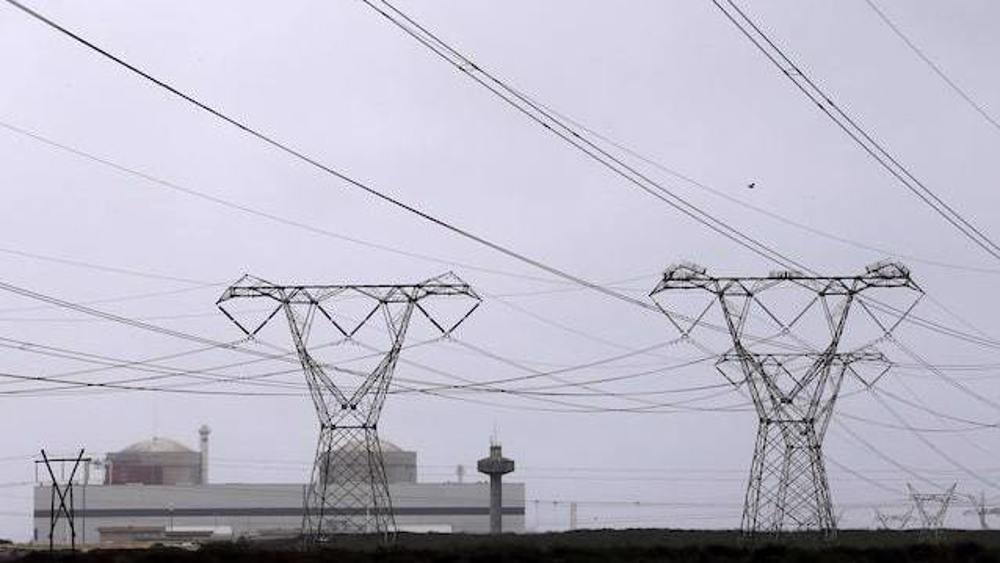
South Africa open to nuclear cooperation with Iran and Russia, despite US threats
Iranian flotilla makes port call in India with 'friendship message'
How UK counter-terror police colluded with Zionists to detain me after Beirut trip
Biden, Blinken, Austin referred to ICC over Gaza war crimes
EU will 'do the same' if US implements tariff hikes: France
VIDEO | Press TV's news headlines
British celebrities condemn BBC removal of Gaza documentary
Iran Army acquires tactical vehicles, audio surveillance systems
VIDEO | UK police detain anti-Zionist scholar upon return from Lebanon


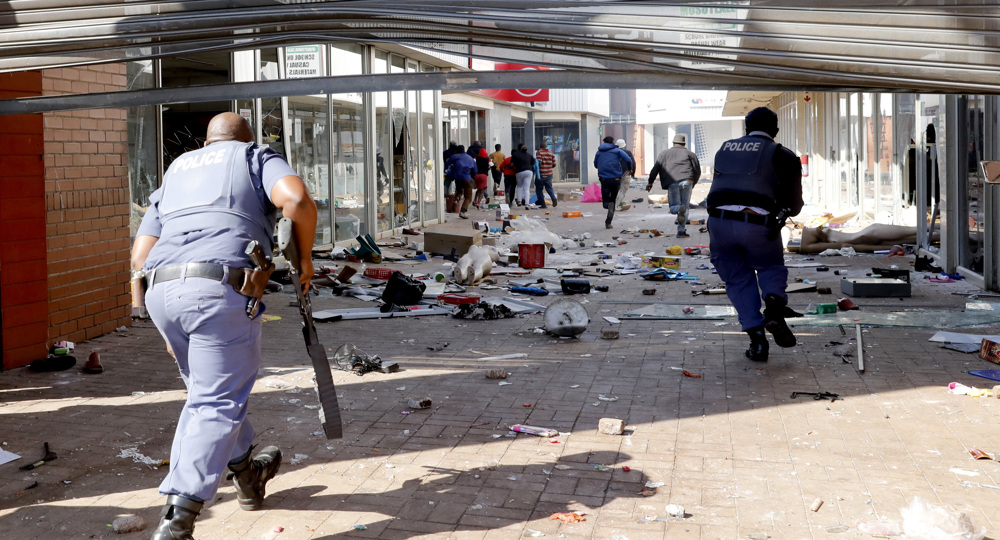
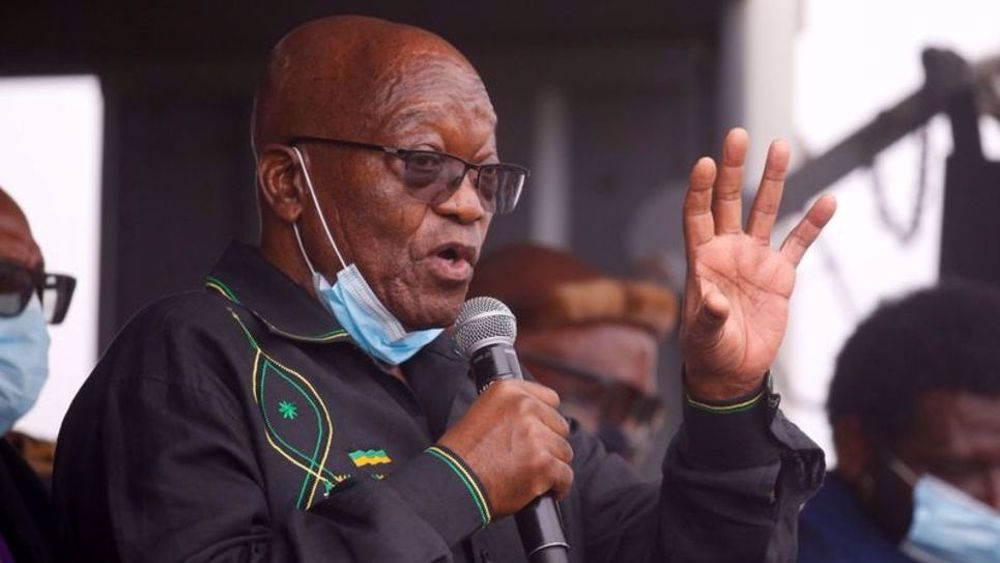



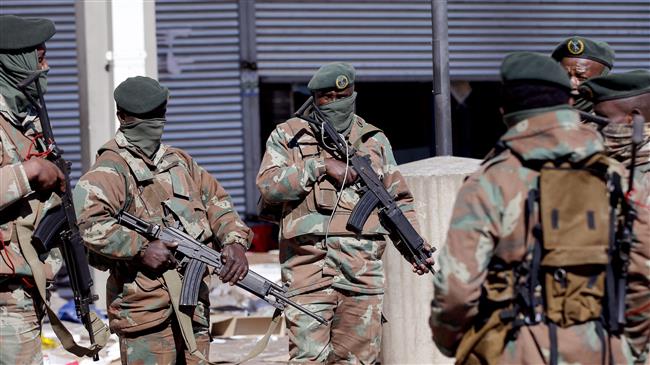
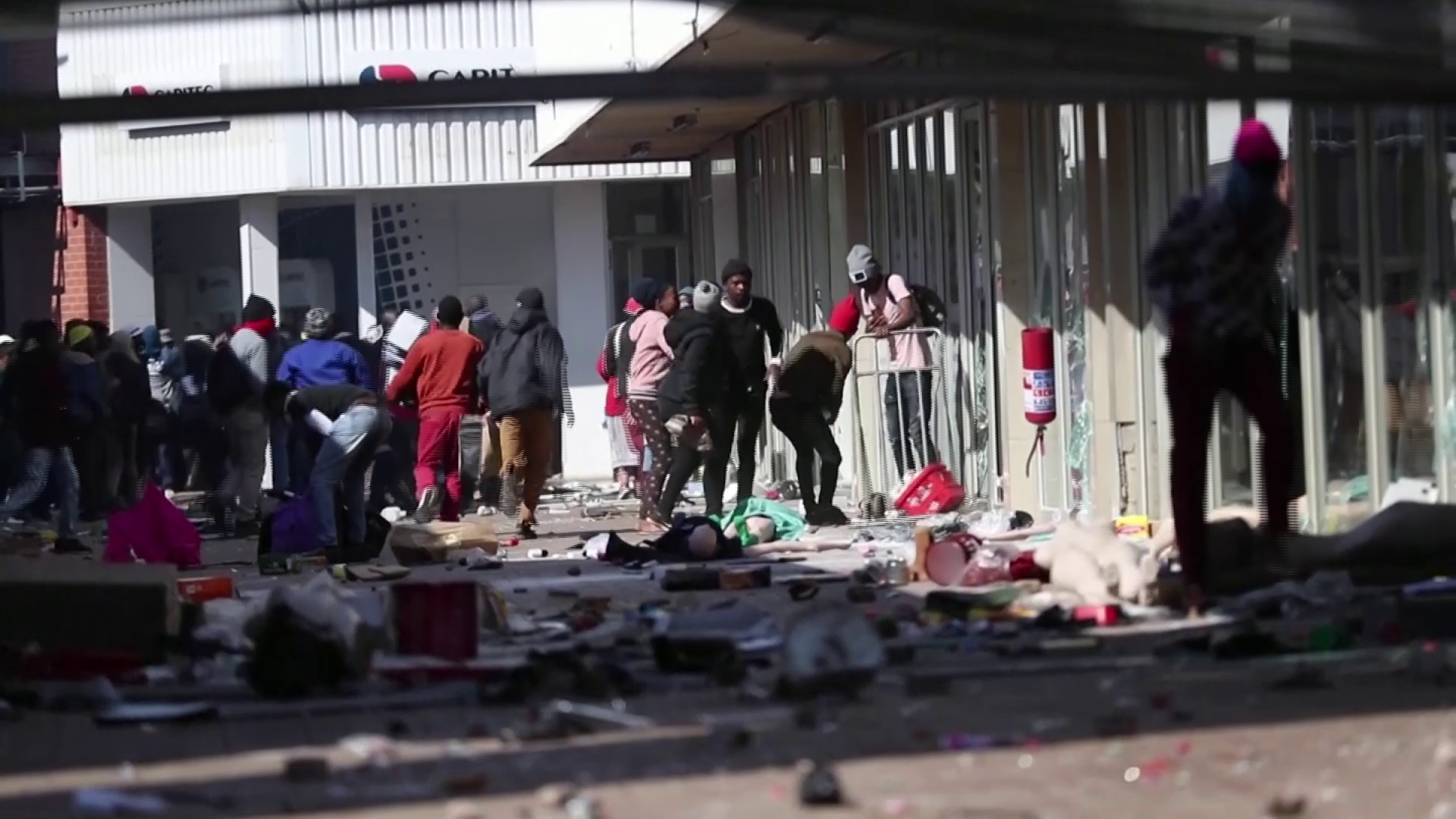
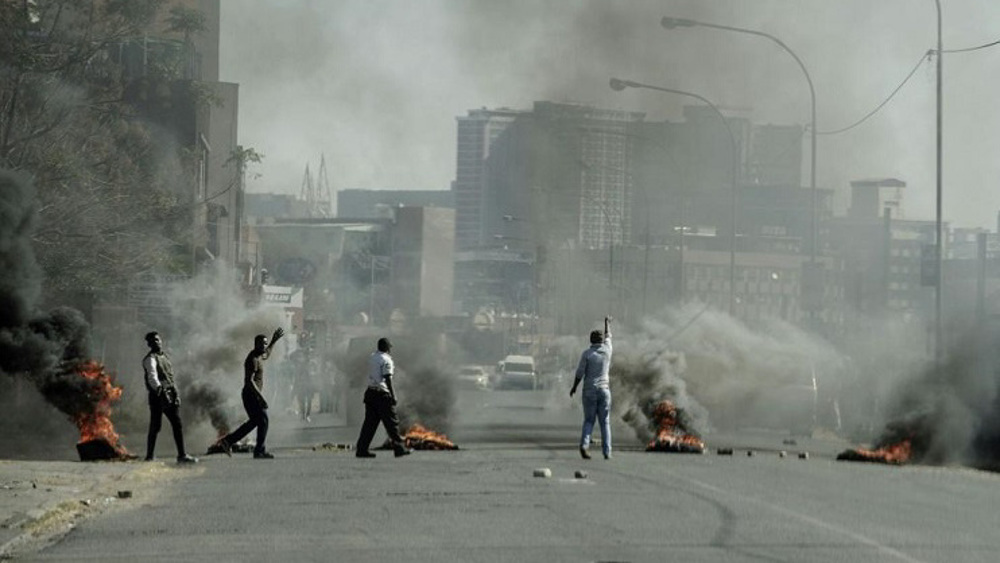
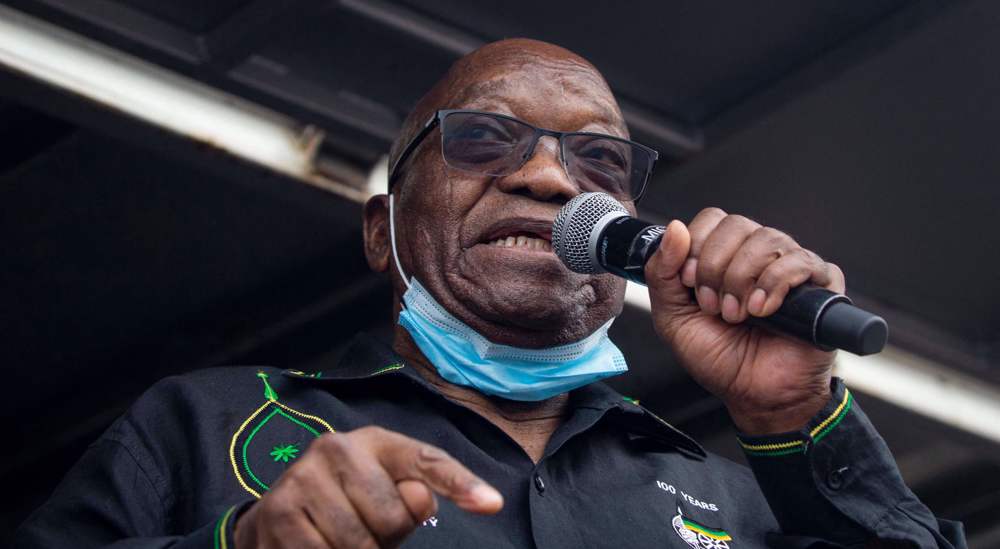

 This makes it easy to access the Press TV website
This makes it easy to access the Press TV website